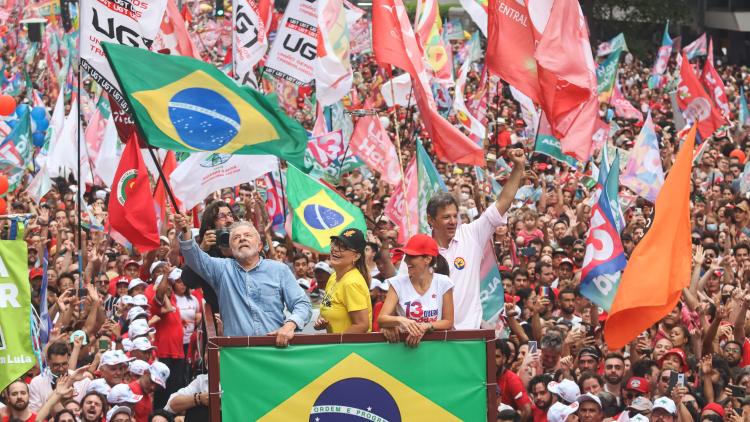State and Society in the Chinese Political Process 2

Key information
- Status
- Module not running
- Module code
- 15PPOH072
- FHEQ Level
- 7
- Credits
- 15
- Department
- Department of Politics and International Studies
Module overview
From the last years of the Empire to the present day, the Chinese state has experienced a succession of dramatic shifts in regime orientation, and the major sectors of Chinese society have undergone a series of changes no less significant. This post-graduate course focuses on state and society in Greater China (the People's Republic and Taiwan). It will specifically consider two closely interrelated themes: how China's state and society have evolved, and how they have interacted over the course of the 20th and 21st centuries. The bulk of the course will be devoted to China, and Taiwan will be included as a comparative referent for the period after 1949. This is the follow on to the module offered in Term 1. It will focus on the Hu Jintao and Xi Jinping years, with particular attention devoted to the increasingly tight political control of the CCP under Xi Jinping and the ways in which this tight control has sparked resistance in Hong Kong and rejection in Taiwan.
Objectives and learning outcomes of the module
On successful completion of this module a student will be able to:
- Demonstrate an understanding of the key political trends and changes in China from the early 2000s to the present
-
Identify the ways in which the present government in China is seeking regime and social stability, and the ways in which different sectors of society have responded
-
Demonstrate improved ability to engage with spoken and written critical engagement
-
Assess critically the readings assigned throughout the course
Workload
2 hours lecture per week
1 tutorial per week
Scope and syllabus
- Urban Life: Social Stability above all
- Rural Development and Out Migrationi
- Environment vs development
- Gender
- Minorities and borderlands
- Reading Week
- Culture, Sport, Entertainment
- Anti-Corruption Campaigns
- public opinion and democratization
- Uprising and Rejection: Hong Kong and Taiwan
- Prospects for the future
Method of assessment
40% unseen exam, 50% analytical essay and 10% seminar participation.
Suggested reading
- Jonathan Watts, When a Billion Chinese Jump (Faber, 2010,) pp.122-144, 323-352
- Meg Rithmeyer, “Land Politics and Local State Capacities: The Political Economy of Urban Change in China”, The China Quarterly No 216, December 2013
- Lily Tsai, “The Struggle for Village Public Goods Provision: informal institutions of accountability in rural China”, in Elizabeth Perry and Merle Goldman, Grassroots Political Reform in Contemporary China (Harvard, 2007
- The China Quarterly No. 204, December 2010, Special Issue “Gender in Flux”
- Justin Hastings, “Charting the Course of Uighur Unrest”, The China Quarterly, No. 208, December 2011
- Xiaojun Yan, “Engineering Stability: Authoritarian Political Control over University Students in Post-Deng China”, The China Quarterly 218, June 2014
- Jing Li, The Making of Ethnic Yunnan on the National Mall: Minority Folksong and Dance Performances, Provincial Identity, and“The Artifying of Politics” (Zhengzhi yishuhua), Modern China 39:1, 2013, pp. 69-100
- Jessica Teets, “Let Many Civil Societies Bloom: The Rise of Consultative Authoritarianism in China”, The China Quarterly No. 213, March 2013)
- Evan Osnos, “Born Red: How Xi Jinping, an unremarkable provincial administrator, became China’s most authoritarian leader since Mao”, The New Yorker, April 6, 2015 http://www.newyorker.com/magazine/2015/04/06/born-red
[all of these are in the library or are already uploaded to Moodle]
Disclaimer
Important notice regarding changes to programmes and modules


